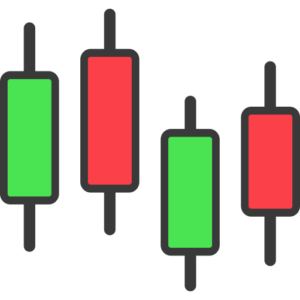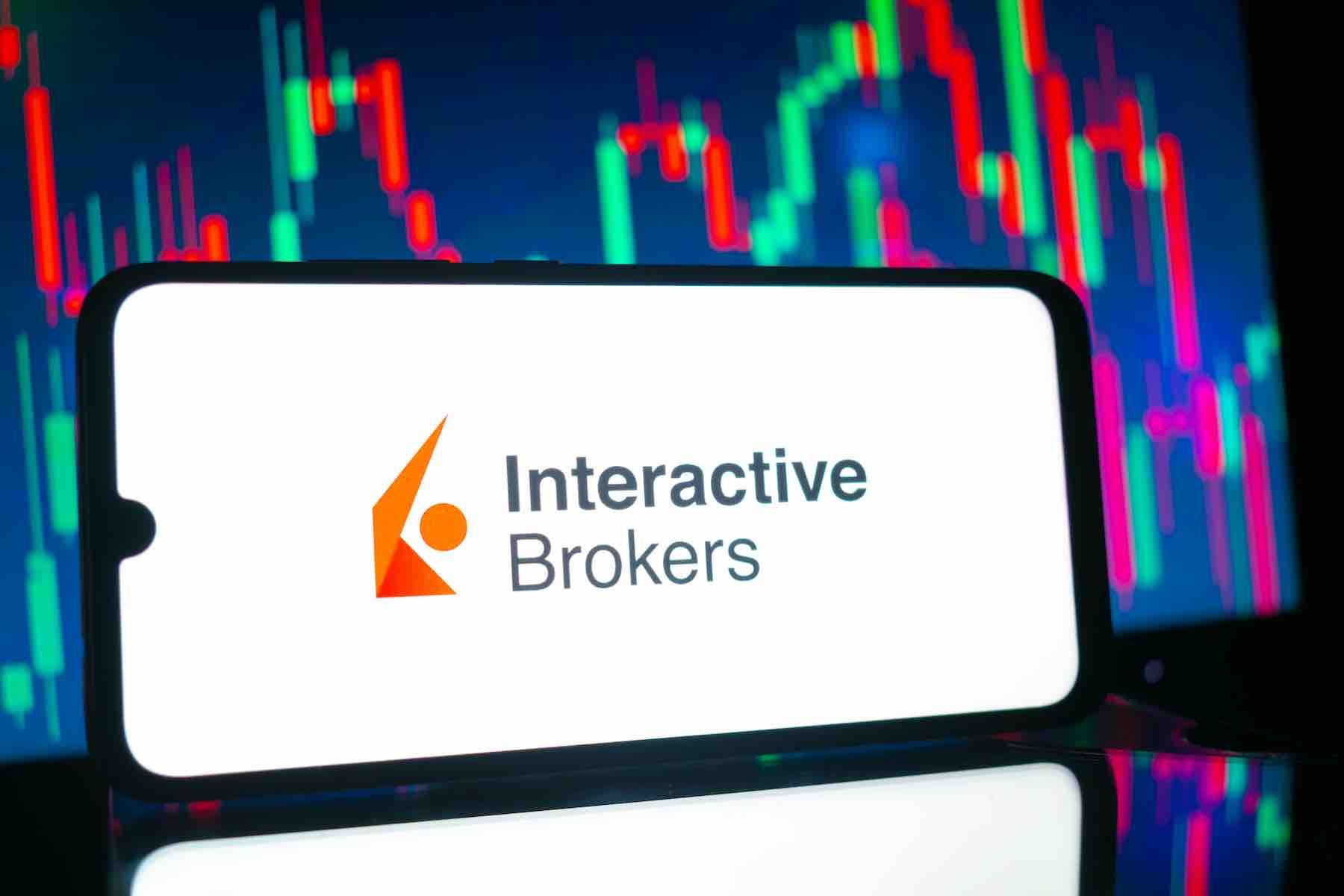Are Online Brokers Safe?
How to Secure Your Investments in 2025
Right, let’s get straight to it then – are online brokers safe? If you’re lying awake at night wondering whether your hard-earned cash is secure in the digital trading world or is it safe to trade online, you’re asking the right questions.
After 15+ years in this game, from my days running a commodities desk at CME Group in Chicago to now helping traders find decent brokers through brokerguide.com, I can tell you that online brokers are generally quite secure these days.
But – and this is a big but – you’ve got to know what you’re looking for. Let me walk you through the essential protections and how to spot the dodgy operators from the decent ones.

Quick Broker Safety Checklist 2025
Introduction to Online Trading
Before we answer the question ‘Are online brokers safe?’, Online trading has absolutely revolutionised how we approach the financial markets, hasn’t it? Back when I started in agriculture and commodities, you needed serious connections just to get a foot in the door. Now, any bloke with a smartphone can trade forex, stocks, and CFDs from his local pub if he fancies it. Through my years at companies like Ironfx and Everfx, I’ve watched this transformation firsthand – it’s been quite something.
These days, whether you’re looking at stock brokers, options brokers, or forex brokers (my particular specialty), the barrier to entry is practically non-existent. I’ve seen complete novices open accounts and start trading within minutes. The thing is, this accessibility is brilliant for democratising the markets, but it also means there are more opportunities for things to go pear-shaped if you don’t do your homework.
From my experience running trading operations and now helping traders through brokerguide.com, I can’t stress enough how crucial it is to pick the right broker. The FCA here in the UK, the SEC in the States, and bodies like ASIC in Australia – they’re doing their bit to keep the cowboys at bay, but you still need to be switched on about who you’re trusting with your money. Take it from someone who’s seen both the good and the ugly sides of this industry – a bit of due diligence upfront can save you a world of pain later on.
Key Takeaways
Understanding Why Online Brokers Are (or Aren’t) Safe

Listen, safety in online trading isn’t just some marketing fluff, it’s the foundation everything else is built on. After spending years in this industry, from my early days in commodities to now specialising in forex trading (particularly my favourite pairs like AUD/CAD and NZD/CAD), I’ve learned that multiple layers of protection are what separate the professionals from the amateurs.
The thing about broker dealers is that they’ve got different obligations compared to other financial professionals – something a lot of punters don’t realise. Their regulatory requirements and standards can vary quite significantly, which is why understanding what type of operation you’re dealing with matters.
What I always tell the traders who follow my strategies is this:
look for brokers that don't just talk about safety but actually implement it properly.
We’re talking regulatory compliance, proper investor protection, and negative balance protection that actually works when the markets go mental.
Regulatory Compliance
Right, this is where the rubber meets the road. Regulatory compliance isn't just some box-ticking exercise - it's what keeps the industry from turning into the Wild West. Bodies like the FCA (where I'm based in Brighton), the SEC, and the Commodity Futures Trading Commission don't mess about when it comes to setting standards.
I've seen what happens when brokers try to cut corners. Take Interactive Brokers - they copped a $38 million fine for regulatory issues, read more about it here. That's serious money, and it shows these regulators mean business.
When I'm evaluating brokers for brokerguide.com, regulatory compliance is always the first thing I check. If they can't get the basics right with their regulator, how can you trust them with your trading capital?
Investor Protection Schemes: US, EU, and UK Safeguards
Now this is where things get interesting, and frankly, it’s something every trader should understand inside and out. These protection schemes are basically your safety net when brokers go belly-up – and trust me, I’ve seen it happen more times than I’d like to remember.
The schemes are specifically designed to protect retail traders like most of my readers when brokers can’t return client funds due to insolvency or complete mismanagement. It’s not about protecting you from your own trading losses – that’s on you, but about making sure your money’s there when you want to withdraw it.
United Kingdom – FSCS and FCA Oversight
Being based in Brighton, I'm well familiar with how the UK system works. The Financial Services Compensation Scheme (FSCS) covers you up to £85,000 per person, per firm if a regulated investment firm goes under. That's a decent chunk of protection for most retail traders.
For this protection to kick in, your broker needs to be properly authorised by the Financial Conduct Authority (FCA). The FCA doesn't mess about - they've got strict requirements around capital, how brokers operate, and how they conduct themselves. One thing I particularly like about FCA-regulated brokers is that they're required to keep client funds separate from company funds. It's basic stuff, but you'd be surprised how many offshore operations try to dodge this requirement.
United States – SIPC Coverage
Across the pond, the Securities Investor Protection Corporation (SIPC) offers coverage up to $500,000 per client (with a $250,000 cash limit) if a brokerage firm fails. Now, SIPC won't bail you out if you make terrible trading decisions - that's not what it's for - but if your broker disappears with your money, you've got decent protection
European Union – ICF Protections
For our European friends, most regulated brokers fall under an Investor Compensation Fund (ICF) that typically covers up to €20,000 per client if things go wrong. It's not as generous as the UK or US schemes, but it's still better than nothing.
Bottom Line: If you’re trading from the UK like me, make sure your broker’s FCA-regulated and FSCS-protected. The same principle applies wherever you are – stick with brokers that have strong regulatory oversight and compensation schemes. These protections are some of the strongest safeguards you’ll find, especially if you’re managing a significant portfolio or planning for the long term.
Negative Balance Protection
This is one of those features that sounds boring until you actually need it, then you’ll be thanking your lucky stars it’s there. Negative balance protection means you can’t lose more than you’ve actually deposited – simple as that.
In my years of trading forex, particularly during those mental market moments (and believe me, I’ve seen some wild swings), this protection has saved countless traders from going into debt. It’s especially crucial in volatile markets where things can move faster than you can blink. Without it, you could end up owing your broker money, which is about as fun as it sounds.
Characteristics of a Reliable Online Broker
After 15 years in this game and having worked with some of the biggest names in the industry, I reckon I know a thing or two about what separates the wheat from the chaff when it comes to brokers. A reliable online broker isn’t just about flashy marketing and promises of easy money – it’s about the fundamentals.
First up, regulatory compliance. Whether it’s the SEC, CFTC, or any other major authority, your broker needs to be properly registered and operating under strict oversight. This isn’t just paperwork – it’s your guarantee that they’re following industry best practices.
Another thing I always look for is negative balance protection. Having traded through some absolutely mental market conditions, particularly during major economic events, this feature can be the difference between a bad day and financial ruin. It’s basic risk management, really.
Security measures are non-negotiable these days. Your broker should be investing properly in protecting your account and personal data – not just talking about it in their marketing materials. And before you commit serious money, always double-check their fee structure. Some of these pricing models are more complicated than my grid trading system, and that’s saying something!
How to Check If an Online Broker Is Legit (Step-by-Step)
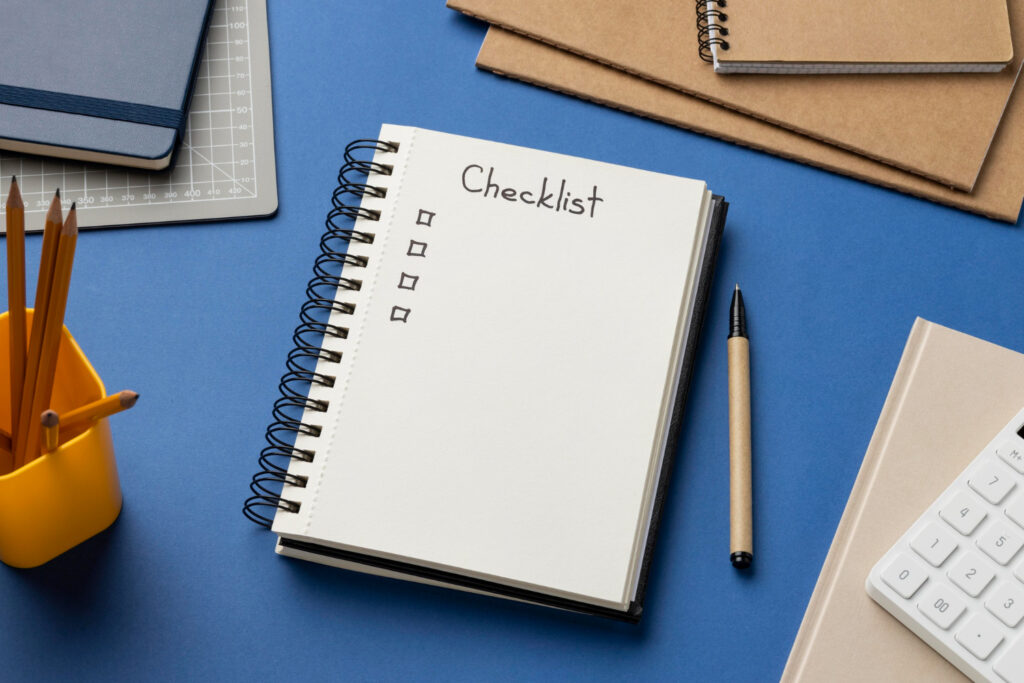
Right, this is the bread and butter stuff that’ll save you from getting caught out by dodgy operators. I use this exact process when evaluating brokers for brokerguide.com, so pay attention.
☑️ UK – FCA (Financial Conduct Authority)
☑️ USA – SEC, CFTC, FINRA, NFA
☑️ EU – CySEC (Cyprus), BaFin (Germany), etc.
☑️ Australia – ASIC
☑️ New Zealand – FMA
☑️ Canada – IIROC & CIPF
Check their regulation number on the regulator's official website, or use [BrokerCheck (FINRA)] or the FCA register if you're in the UK.
Red flag: If they're being vague about regulation or claiming to be "regulated offshore" without specifics, run a mile. Same goes if their license is from some random tiny island nation you've never heard of.
☑️ FSCS (UK): up to £85,000 protection
☑️ SIPC (USA): up to $500,000
☑️ ICF (EU): up to €20,000
☑️ Negative balance protection? (Absolutely essential in my book) Bonus points if they've got additional insurance on top.
Are Offshore Brokers Safe?
This is where things get a bit tricky, and honestly, it’s a question I get asked constantly. Offshore brokers can be a proper minefield compared to those regulated in established jurisdictions like the UK, US, or Australia.
Now, I’m not saying all offshore brokers are dodgy – some operate perfectly legitimately. But the reality is that many lack proper oversight, which increases your chances of running into fraud, poor security, or massive headaches when trying to get your money back.
From my experience, if you’re going to use an offshore broker, do your homework thoroughly and verify their regulatory status properly. Seriously, don’t bet the house here. Offshore isn’t always dodgy, but the risk is higher.. Keep your deposits smaller, withdraw profits regularly, and never risk more than you can afford to completely lose.
What If My Broker Isn't Regulated?
If you’ve discovered your broker isn’t properly regulated, you’re in a bit of a pickle. Using an unregulated broker significantly cranks up your financial risk – there’s less protection for your funds, limited options if things go wrong, and a much higher chance of encountering complete cowboys.
My advice? Proceed with extreme caution, don’t deposit everything you’ve got, and seriously consider switching to a reputable, regulated broker. I know it’s a hassle, but protecting your capital should always be your top priority.
BrokerGuide's Recommended Brokers
Our team at BrokerGuide has done the research for you. These are the brokers we confidently recommend—based on safety, fees, features, and real user reviews.
| Broker | Overall Rating | Regulations | Minimum Deposit |
|---|---|---|---|
| Interactive Brokers | 4.9/5 | Tier-1: FCA UK, ASIC, NFA, CFTC, DFSA, CIRO, MAS, SEC, FINRA. Tier-2: Sebi | $0 |
| XTB | 4.7/5 | Tier-1: FCA UK, CySec. Tier-3: FSC (Belize) | $0 |
| IG | 4.6/5 | Tier-1: FCA UK, BAFIN, CySec, JFSA, ASIC, NFA, CFTC, MAS, FINMA. Tier-2: DFSA, FSCA SA, FMA NZ. Tier-3: BMA (Bermuda) | $0 |
| CMC Markets | 4.6/5 | Tier-1: FCA UK, BAFIN, CIRO, ASIC MAS, SEC, FINRA. | $0 |
| FP Markets | 4.5/5 | Tier-1: CySec, ASIC. Tier-2: FSCA SA. Tier-3: FSC (Mauritius), FSA (Seychelles), SVG FSA, MISA (Mwali) | $100 |
Security Measures Implemented by Online Brokers
These days, proper online brokers are implementing security measures that would make MI5 jealous. We’re talking encryption, two-factor authentication, and monitoring tools that watch your account like a hawk. Having dealt with brokers across the spectrum, from the big established names to some right chancers, I can tell you that security protocols are absolutely essential.
The brokers worth their salt understand that protecting client accounts isn’t just good business – it’s fundamental to operating in this industry. A broker’s commitment to security should also extend to providing decent customer service and additional protective services. Some even offer insurance or securities lending programs, though always read the fine print on those.
Encryption and Data Protection
Data encryption is absolutely critical - no ifs, ands, or buts about it. The brokers I work with use advanced encryption protocols that ensure your personal information stays unreadable to any unauthorised parties, whether it's being transmitted or stored.
These aren't just fancy technical terms to impress punters - they're layered defense systems that make unauthorised access virtually impossible. After seeing what can happen when brokers cut corners on security, I can tell you these measures are vital for maintaining trust in the financial markets.
Two-Factor Authentication
Two-factor authentication (2FA) is one of those simple things that makes a massive difference to your security. Instead of just relying on a password (which, let's face it, most people make far too simple), you get an additional verification step.
This usually involves getting a code on your mobile app or via SMS. It might seem like a minor hassle, but implementing 2FA drastically reduces the risk of some random person accessing your account. Trust me on this one - it's worth the extra 30 seconds it takes.
Account Monitoring Tools
Account monitoring tools are brilliant for catching dodgy activity before it becomes a real problem. These systems provide real-time alerts about any unusual transactions in your brokerage accounts, which can be absolute lifesavers.
Most decent brokers offer these monitoring services as standard now, sending instant alerts about anything suspicious. From my experience managing trading operations, utilising these tools is crucial for maintaining the security and integrity of your investments.
Deposit and Withdrawal Options

When you’re choosing an online broker, the deposit and withdrawal options matter more than most people realise. After years of dealing with various brokers and hearing complaints from traders, I can tell you that having flexible, secure funding options makes a world of difference.
Most decent brokers these days offer a variety of methods – bank transfers, credit and debit cards, and popular e-wallets. The key is finding one that fits your needs without charging you an arm and a leg in fees. Generally speaking, transaction fees are the only cost for opening an account, but always check the fine print.
The best brokers prioritise secure transactions, reasonable fees, and quick processing times. Nobody wants to wait a week to access their own money, especially when markets are moving fast.
Some brokers also provide negative balance protection (which I’ve already banged on about) and deposit guarantee schemes for extra security. These protections can be a real lifesaver if your broker runs into trouble. Always double-check the deposit and withdrawal fees and processing times – you don’t want any nasty surprises when you’re trying to access your funds.
Trading Financial Instruments
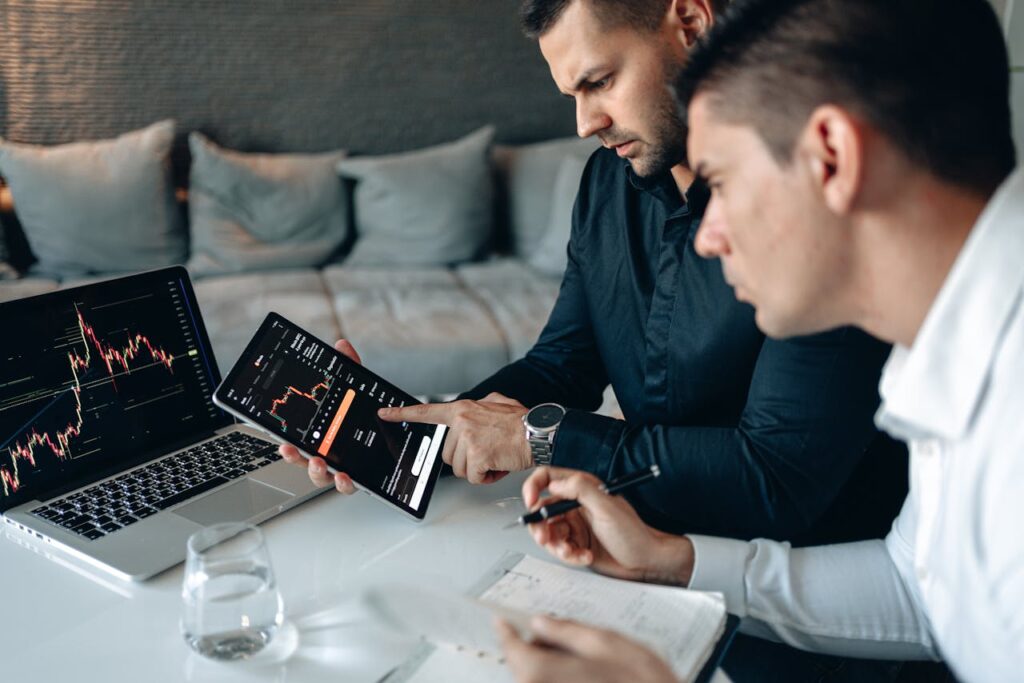
Online brokers these days give you access to more financial instruments than you can shake a stick at. From my background trading everything from agricultural commodities at CME Group to my current focus on forex pairs like AUD/CAD and NZD/CAD, I can tell you that having options is crucial for building a proper investment portfolio.
You’ve got contracts-for-difference (CFDs), individual stocks, ETFs, bonds, options, forex, commodities, and loads more. Many brokers offer specialised stock trading platforms and services, including stock lending and borrowing, though these come with their own regulations and fees.
Each instrument has its own characteristics, risks, and potential rewards. Take my grid trading system, for instance – it works brilliantly for the forex pairs I specialise in, but it wouldn’t be appropriate for all instruments or market conditions.
Decent brokers provide educational resources, demo accounts, and analytical tools to help you understand what you’re getting into. Whether you’re interested in day trading, long-term investing, or diversifying across different asset classes, understanding the risks and benefits is essential.
Sometimes it’s worth consulting a financial advisor or learning from experienced traders – there’s no shame in admitting you don’t know everything.
Common Risks Associated with Online Brokers
While online trading offers brilliant opportunities, it also comes with risks that can lead to significant losses if you’re not careful. After 15+ years in this industry, I’ve seen common risks including cybersecurity threats, financial fraud, and market volatility that can catch even experienced traders off guard.
One particularly nasty risk is brokers misusing client funds for their own purposes. I’ve witnessed this firsthand during my time in the industry, and it can result in substantial losses for investors. Understanding these risks and knowing how to protect yourself is absolutely essential if you want to survive and thrive in this game.
Cybersecurity Threats
Cybersecurity threats are a real and present danger in online trading. These include phishing attacks where fraudsters pretend to be trustworthy sources to steal your information, malware introduced through dodgy emails that can compromise entire brokerage systems, and customer account takeovers using stolen credentials.
DDoS attacks are another nightmare - they disrupt broker services by overwhelming systems with massive traffic volumes. As we become more reliant on technology, these threats are only getting more sophisticated. Having dealt with the aftermath of security breaches, I can tell you that robust security measures aren't optional anymore.
Financial Fraud
Financial fraud comes in many flavours, and unfortunately, I've seen most of them over the years. Ponzi schemes promise incredible returns but rely on new investors' money to pay existing ones - it's a house of cards that always collapses eventually.
Unauthorised trading is another nasty one - transactions executed without your consent that can seriously damage your financial stability. The key is recognising red flags early. If someone's promising guaranteed profits or returns that seem too good to be true, they probably are. Trust your instincts on this one.
Market Volatility
Market volatility refers to those rapid, significant price movements that can make your head spin. During my years trading forex, particularly major pairs during economic announcements, I've seen moves that would make your hair curl.
Sudden market fluctuations can result in unexpected losses, which is why active portfolio management is absolutely essential. You can manage volatility risks through diversification and employing stop-loss orders. Diversification helps avoid putting all your eggs in one basket, which can be far more volatile than broader market exposure.
Red Flags to Watch Out For
After years in this industry and countless conversations with traders who’ve been burned, I’ve developed a pretty good nose for spotting dodgy operators. One of the biggest red flags is promises of guaranteed profits or unusually high returns. Listen, if someone could guarantee success in the financial markets, they’d be sitting on a beach in the Maldives, not cold-calling punters.
Be particularly wary of high-pressure sales tactics or claims that sound too good to be true. Legitimate brokers don’t need to pressure you into making quick decisions – the markets will still be there tomorrow.
Another massive warning sign is vague regulatory compliance. If a broker can’t give you a straight answer about their regulatory status or they’re registered in some random jurisdiction you’ve never heard of, that should set alarm bells ringing.
Reputable brokers will never ask for sensitive personal or financial information via email or phone calls. If someone’s asking for your bank details or credit card information through unsecured channels, hang up immediately.
Broker scams are becoming more and more common as time goes by, be sure to tick off all of the above before jumping into bed with anybody.
How to Choose a Safe Online Broker in 2025
Choosing a safe online broker involves several key factors that I always emphasise to traders using brokerguide.com. Regulatory compliance is non-negotiable, customer support quality can make or break your trading experience, and transparent fee structures ensure you know exactly what you’re paying for.
It’s also important to understand whether you’re dealing with a broker dealer or another type of operation, as their obligations and protections can differ significantly. Some brokers route client orders to market makers, which can affect execution quality and transparency – always understand how your broker handles order routing.
Before committing serious money, double-check fee calculations and order routing policies to ensure you’re getting proper value and execution. Meeting these criteria helps protect your investments from fraud and financial instability.
Segregated accounts are also crucial as they prevent misuse of client funds by keeping them completely separate from the broker's own operating funds. Any trusted online brokers will offer these measures as they are essential for maintaining trust and stability in the financial markets.
From my experience running trading operations, ensuring your broker offers reliable customer support can significantly benefit your trading by addressing concerns promptly and professionally.
High fees and commissions can seriously eat into your profits and discourage active trading. Interactive Brokers, for example, offers a transparent fee structure with both fixed and tiered pricing options, which I appreciate for its clarity. Understanding all potential fees and costs is crucial for making informed investment decisions and maximising your returns. Always double-check fees and commissions before executing trades to avoid any nasty surprises.
Benefits of Using a Reputable Online Broker
Partnering with a reputable online broker brings advantages that can genuinely help you succeed in the financial markets. First and foremost, you get access to a wide variety of financial instruments, allowing you to diversify your investments and tailor your strategy to your specific goals.
Secure trading platforms typically offer competitive fees and transparent pricing, so you can keep more of your profits and avoid unexpected costs that eat into your returns.
Additionally, top online brokers provide powerful market research tools, educational resources, and demo accounts. These allow you to practice trading with virtual money before risking your own capital – something I always recommend to new traders.
Robust security measures protect your accounts and personal information, giving you confidence as you trade. By choosing a broker with a strong reputation, you can minimise financial risks, make informed investment decisions, and work towards your financial objectives with greater peace of mind.
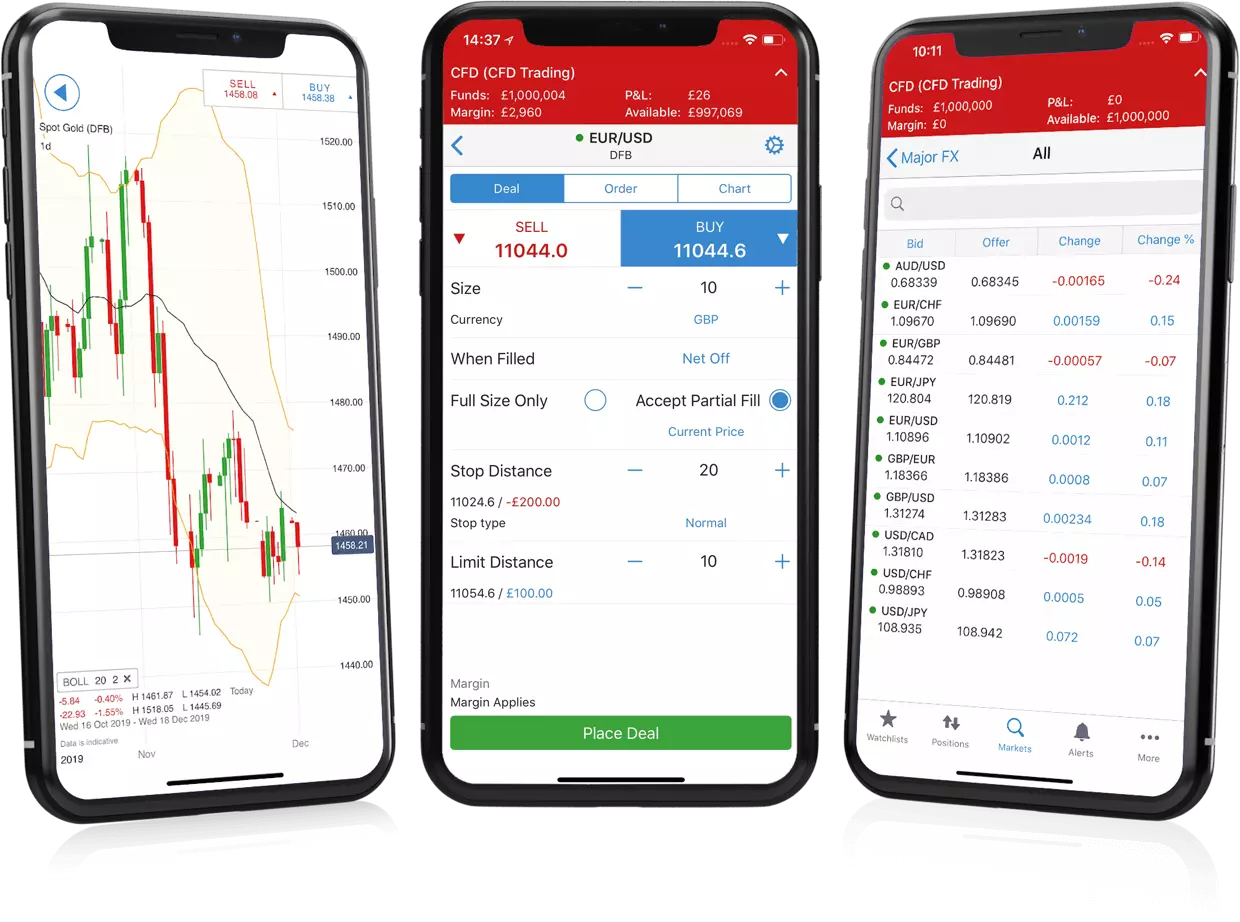
IG Review
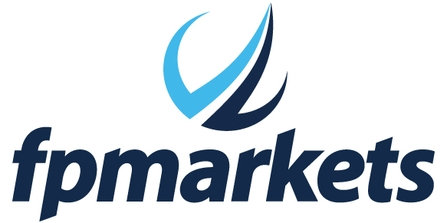
FP Markets Review

Interactive Brokers Review
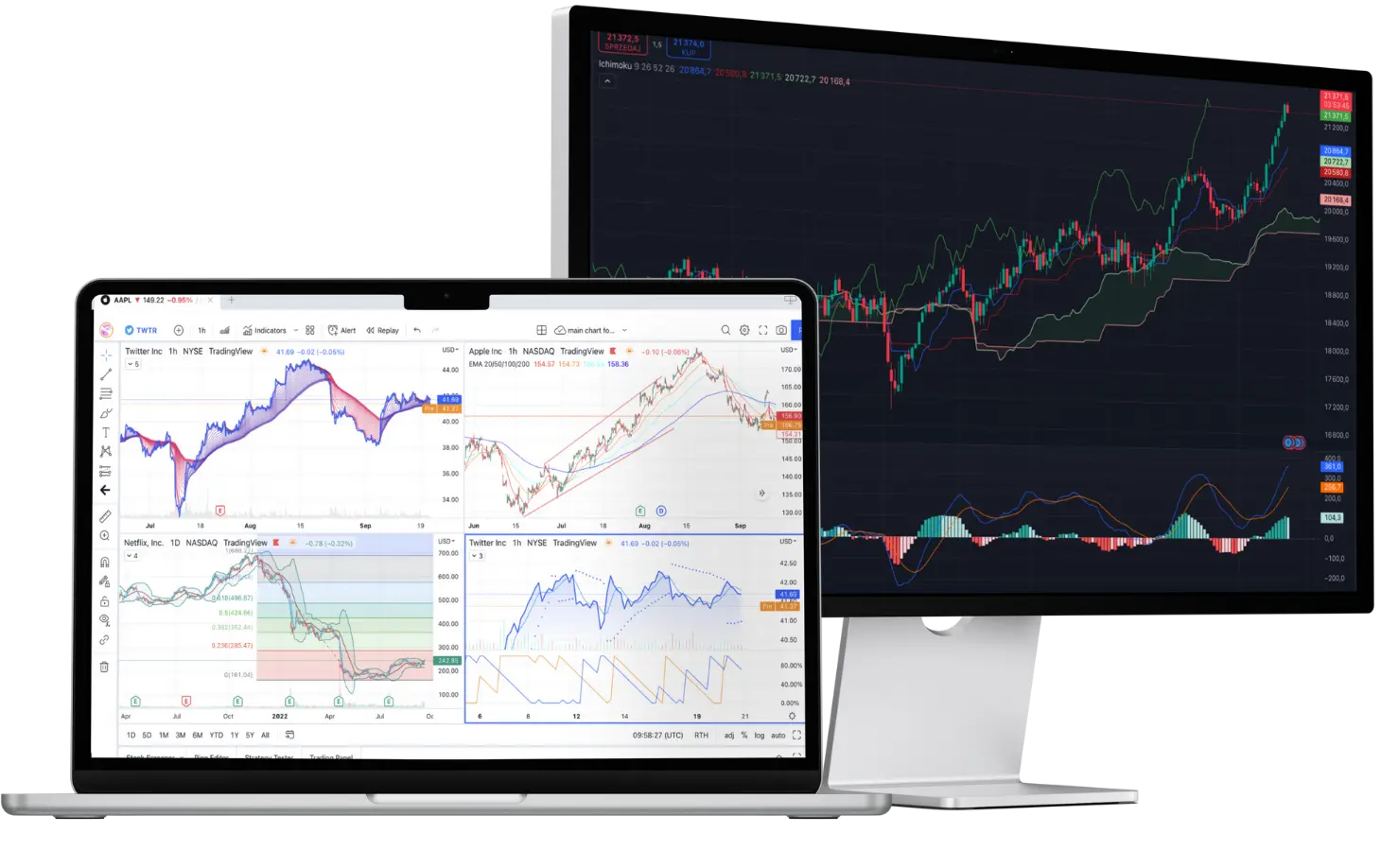
CMC Markets Review
XTB Review
Common Mistakes to Avoid

Even experienced traders can make mistakes when choosing online brokers, but being aware of common pitfalls can help protect your investments. One major error I see constantly is failing to conduct thorough research before opening an account. Are online brokers safe? Yes, just do your research please.
Always investigate a broker’s regulatory compliance, reputation, and security measures properly. Don’t just take their marketing materials at face value – dig deeper.
Another common mistake is not fully understanding the financial markets or the specific instruments you’re trading. Take time to educate yourself about the risks and rewards. This isn’t a get-rich-quick scheme, despite what some brokers might suggest.
Avoid putting all your money into a single company or asset. Diversifying your investments across different markets and instruments can help reduce risk and protect your portfolio from unexpected losses. Trust me on this one – I’ve seen too many traders get burned by putting everything into one basket.
Staying Informed and Adapting to Changes
The financial markets are constantly evolving, with new regulations, technologies, and trends emerging regularly. To protect your investments and stay competitive, it’s essential to remain informed and adapt to changes.
I make it a point to regularly follow market news, analysis, and research to understand how shifts in the economy or regulatory environment might impact trading. This isn’t just professional curiosity – it’s essential for protecting capital.
Take advantage of educational opportunities like webinars, seminars, and workshops to continually improve your trading skills. The day you stop learning is the day you start losing money in this business.
Stay updated on changes to regulatory compliance and investor protection schemes, as these can significantly affect your rights and the safety of your investment portfolio. Periodically review and rebalance your portfolio to ensure it aligns with your investment objectives and risk tolerance.
Real-Life Examples of Online Broker Safety Issues
Real-life examples of broker safety issues highlight exactly why due diligence and regulatory oversight matter so much. Following past financial crises, regulatory bodies have significantly increased their scrutiny, which has been brilliant for protecting investors.
Cases of fraud and scams serve as proper cautionary tales, emphasising the need for thorough verification of brokers before trusting them with your hard-earned money.
Real-Life Case Study: SVS Securities Collapse
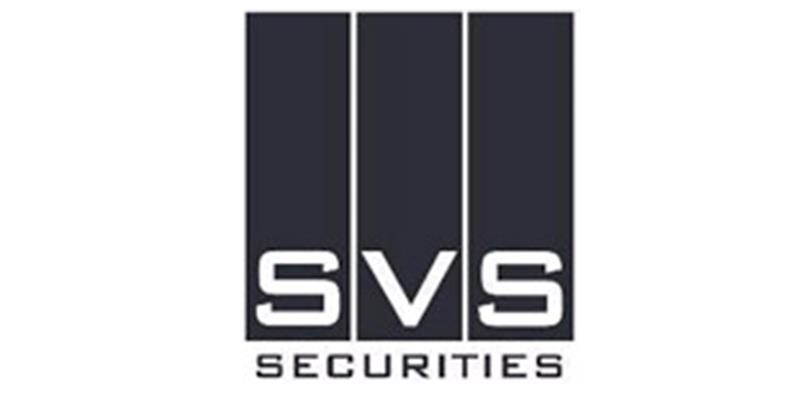
Background
SVS Securities plc was a London-based broker regulated by the FCA that went belly-up in August 2019. The firm offered discretionary fund management and stockbroking services to retail clients across the UK.
Despite being technically FCA-regulated, the firm was mismanaging client funds and providing misleading financial advice – particularly targeting vulnerable and inexperienced investors. Following an FCA investigation, SVS was placed into special administration, and client accounts were frozen. Read more here:
Key Issues
Compensation Outcome
Thanks to the Financial Services Compensation Scheme (FSCS), most clients managed to recover up to £85,000 of their investments. However, for those with larger portfolios, the losses were substantial.
Lessons Learned
Summary
Navigating the world of online trading doesn’t have to be a minefield if you understand the safety measures, risks, and essential qualities of a reputable broker. From my 15+ years in this industry, I can tell you that regulatory compliance, investor protection schemes, and negative balance protection are absolutely fundamental for maintaining a safe trading environment.
Verifying a broker’s legitimacy through proper regulatory checks, reading genuine reviews, and confirming memberships is crucial – don’t skip this step. Additionally, choosing brokers that prioritise security measures like encryption, two-factor authentication, and account monitoring tools can further safeguard your investments.
By selecting a properly regulated, transparent, and supportive broker, you can confidently navigate the financial markets and work towards securing your financial future. Take it from someone who’s seen both sides of this industry – a bit of homework upfront can save you a world of trouble down the line.
FAQ
How can I verify if an online broker is legitimate?
To ensure an online broker is legitimate, verify their regulatory compliance with proper organisations like the FCA, SEC, and CFTC, and use resources like BrokerCheck. Additionally, research genuine broker reviews and confirm their membership with protection schemes like SIPC for added security. You can also check our comprehensive reviews on trusted online brokers here https://brokerguide.com/broker-reviews/
What are investor protection schemes, and why are they important?
Investor protection schemes, such as SIPC in the U.S. and the FSCS in the UK, are crucial because they protect client funds up to specified limits, ensuring you have a proper safety net if your brokerage firm goes under. This protection fosters trust and stability in the financial markets - something I've seen work firsthand.
What is negative balance protection, and how does it work?
Negative balance protection prevents you from losing more than your deposited funds, protecting you from debt during extreme market fluctuations. This mechanism ensures your investment remains secure, limiting potential losses to the capital you initially put in - it's absolutely essential in volatile markets.
What security measures should a reputable online broker implement?
A reputable online broker must implement proper encryption, two-factor authentication, and robust account monitoring to ensure security of sensitive data and prevent unauthorised access. These measures are essential for building trust and safeguarding client information - don't settle for anything less. Make sure to check up on this if you are still asking the question, is it safe to trade online?
How can I avoid falling victim to financial fraud in online trading?
To avoid falling victim to financial fraud in online trading, conduct thorough research and verify the legitimacy of brokers by checking their regulatory oversight properly. Be extremely cautious of any promises of guaranteed returns and prioritise brokers that maintain transparent, honest communication - if it sounds too good to be true, it probably is.










